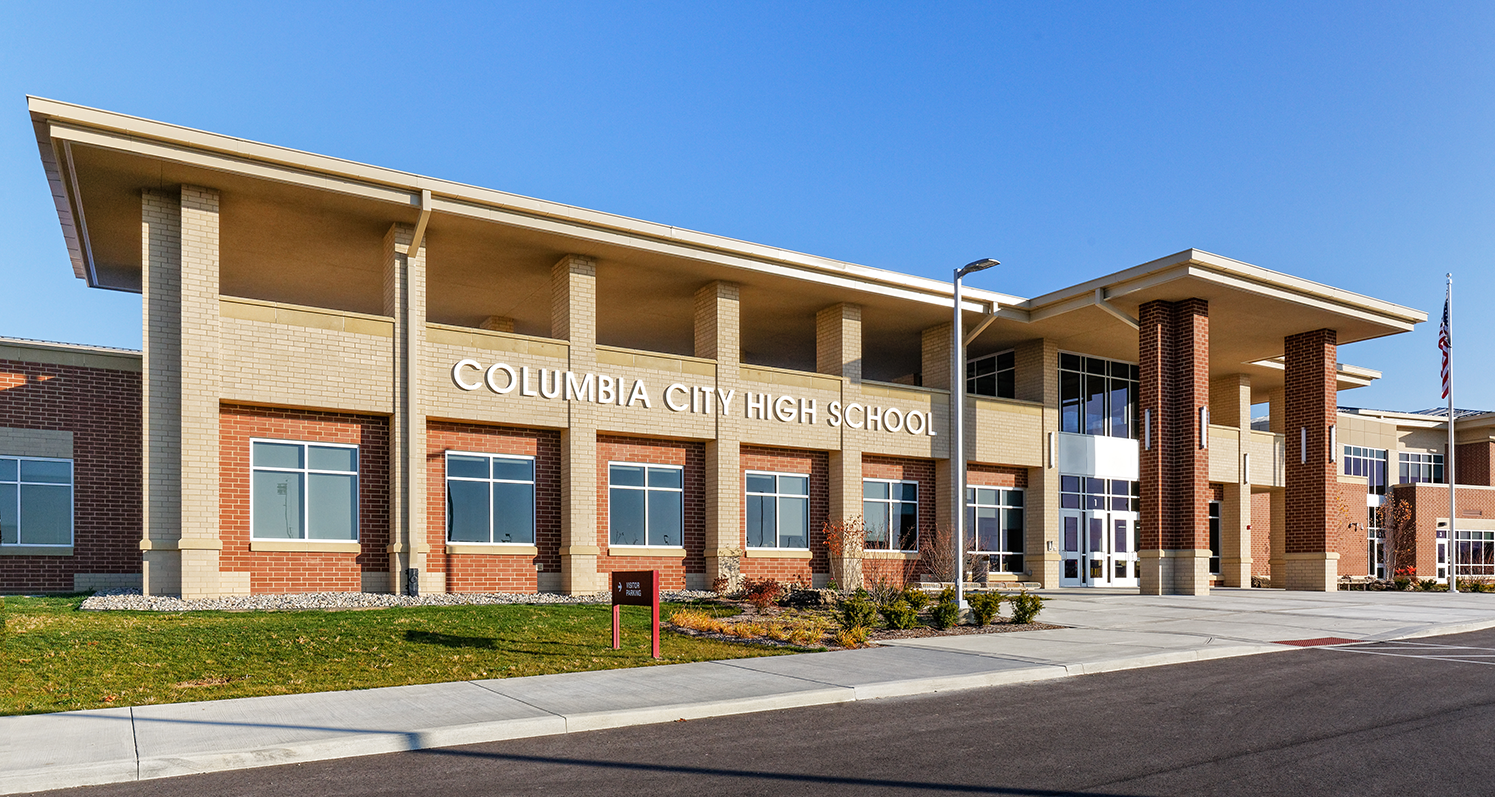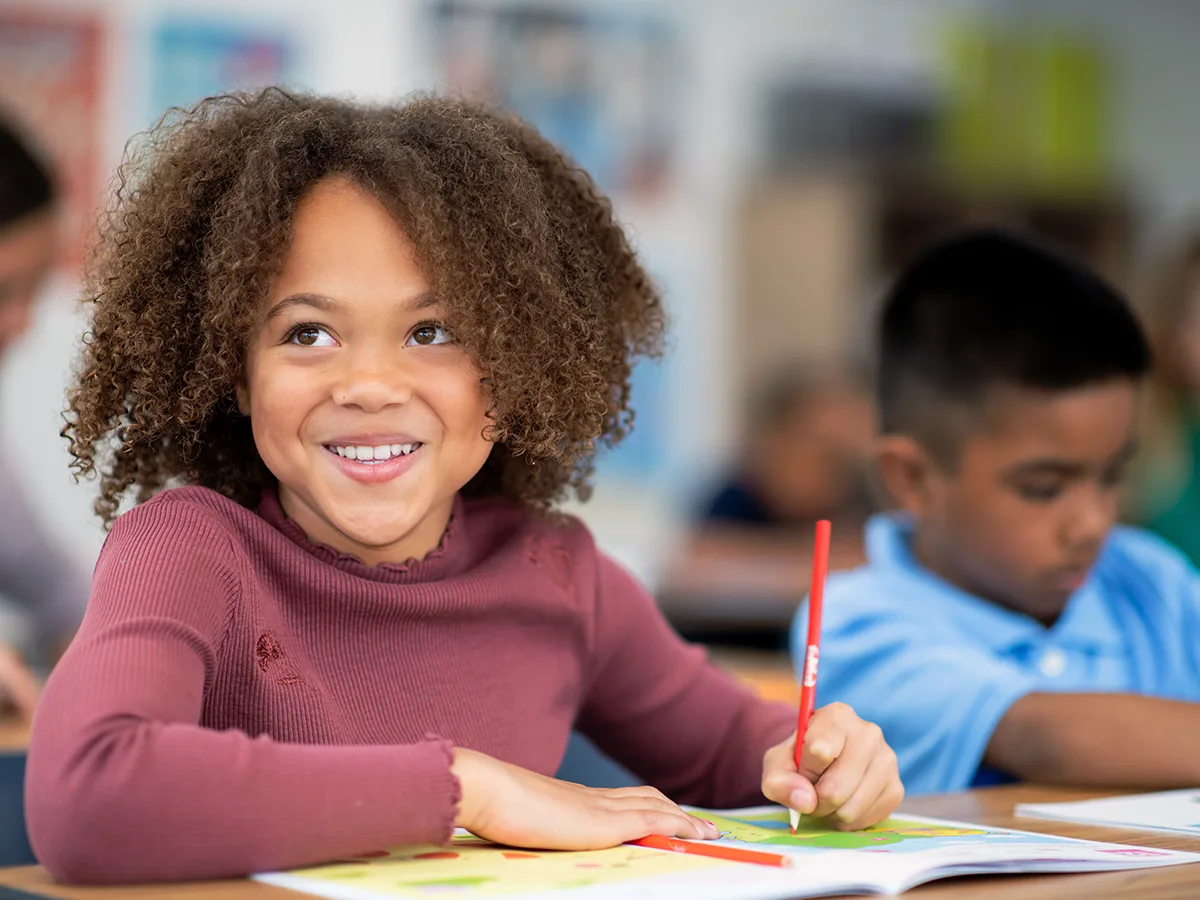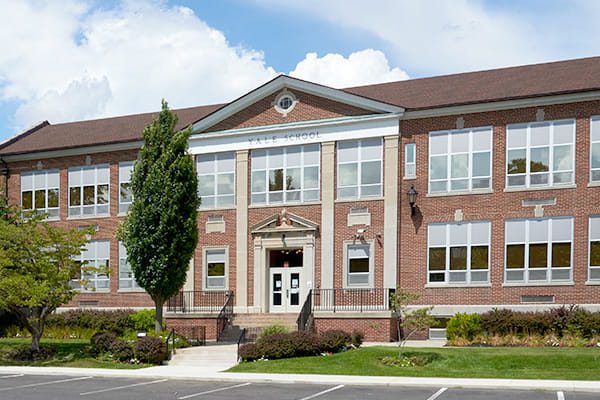How You Can Help Save Temecula Schools for Future Generations
How You Can Help Save Temecula Schools for Future Generations
Blog Article
The Influence of College Environments on Academic Success and Personal Well-Being
The institution setting significantly influences both academic success and individual well-being, incorporating components such as physical design, class environment, and social dynamics. The design of educational spaces, consisting of natural lights and ergonomic furnishings, can boost pupils' concentration and comfort. The high quality of teacher-student partnerships and the nature of peer communications play critical duties in promoting an ambience conducive to finding out and emotional assistance. Recognizing just how these various elements interaction to shape trainee outcomes increases essential concerns about optimizing educational setups for all natural development. Exactly how can institutions tactically enhance these elements to better sustain their trainees?
Physical Format and Style
Just how does the physical layout and layout of an institution influence academic success? The arrangement and visual of a college atmosphere can significantly influence trainees' knowing results. A properly designed institution design advertises simplicity of movement, minimizes diversions, and fosters a sense of safety and security and belonging. Wide corridors and clearly significant areas facilitate smooth shifts between classes, decreasing lateness and disturbance. Furthermore, purposefully put usual locations urge social interactions, which are crucial for emotional and social advancement.
All-natural illumination and effective ventilation systems are pivotal in enhancing cognitive feature and minimizing absenteeism. Research studies have shown that classrooms with adequate natural light boost trainee focus and lower sensations of sleepiness. Furthermore, ergonomic furnishings customized to trainees' requirements can protect against physical discomfort, permitting extended focus and involvement in scholastic activities.
Access to outdoor spaces and cosmetically pleasing surroundings also play a crucial duty - Save Temecula Schools. Environment-friendly spaces and properly maintained college premises give chances for physical workout and mental relaxation, both of which are very important for preserving high degrees of scholastic performance. Essentially, an attentively developed physical atmosphere can function as a catalyst for academic quality, fostering an ambience that supports both training and discovering
Class Atmosphere
An environment that cultivates a feeling of safety, inclusivity, and mutual respect motivates trainees to involve more proactively in their learning procedures. The atmosphere of a class, consisting of facets such as lighting, sound degrees, and seating arrangements, can dramatically affect trainee concentration and motivation.
Furthermore, the classroom environment should sustain a culture of partnership and open communication. They are more most likely to engage deeply with the material and establish important believing abilities when students really feel comfortable sharing their concepts and asking concerns. Peer communications and group tasks can improve learning by giving varied point of views and fostering synergy
In addition, developing clear assumptions and consistent routines can develop an organized atmosphere that allows trainees to concentrate on their researches. By minimizing unpredictability and supplying a predictable framework, trainees can better manage their time and duties. Ultimately, a positive classroom ambience not only improves scholastic performance however also adds to the general health of students, preparing them for future educational and personal endeavors.
Teacher-Student Relationships
Structure on the relevance of a positive classroom atmosphere, the relationships between students and instructors play a pivotal function fit scholastic success. A healthy go to website and balanced teacher-student connection promotes a finding out atmosphere where students feel valued, recognized, and supported, which substantially boosts their motivation and engagement. When students perceive their teachers as understanding and friendly, they are more probable to get involved actively in class and seek help when required, adding to a much deeper understanding of the subject issue.

This count on enables trainees to reveal their concepts and issues easily, fostering a joint knowing setting. In essence, solid teacher-student relationships are a foundation of educational success, playing a critical duty in both academic achievement and personal growth.
Peer Communications
Peer communications substantially affect scholastic success by shaping a student's social and cognitive development. Within the school environment, peer partnerships work as a fundamental component for finding out and individual development. Positive peer interactions can boost a trainee's motivation and involvement in scholastic tasks through joint knowing and common support. When students collaborate in team settings, they exchange ideas, address troubles jointly, and develop crucial assuming skills. Such interactions promote a feeling of belonging and neighborhood, which is necessary for emotional wellness and academic perseverance.

Effective peer interactions additionally contribute to the growth of necessary life abilities, such as interaction, cooperation, and conflict resolution. These social competencies are crucial for both academic success and personal well-being, underscoring the significance of fostering positive peer dynamics within the institution setting.
Extracurricular Tasks
Taking part in extracurricular tasks plays a crucial role in a student's scholastic success and individual advancement. These tasks, varying from sports teams to dispute clubs, provide students opportunities to refine useful abilities such as management, time management, and teamwork. Research continually shows that pupils who get involved in extracurricular tasks tend to achieve greater scholastic performance. This correlation is typically credited to the organized setting and the self-control needed to stabilize both scholastic and extracurricular dedications.
In addition, extracurricular involvement promotes a feeling of belonging and neighborhood, which is crucial for individual health. Participating in team tasks allows students to develop and strengthen socials media, enhancing their emotional and social intelligence. These interactions are vital for establishing social skills that are helpful in both future and scholastic professional atmospheres.
Additionally, extracurricular activities offer a positive outlet for pupils to explore their interests and enthusiasms beyond the conventional curriculum. This expedition can result in the discovery visit this web-site of brand-new abilities and possible occupation courses, even more encouraging students to engage even more deeply in their scholastic work. In conclusion, the role of after-school activities extends past simple leisure; they are indispensable to fostering an all natural educational experience that promotes both academic success and individual development.
Final Thought
In amount, the impact of institution environments on both academic success and personal wellness is extensive. Attentively developed physical layouts and class, together with positive teacher-student partnerships and useful peer communications, considerably enhance pupil inspiration and engagement. The presence of encouraging instructors can mitigate stress, cultivating a nurturing ambience favorable to all natural development. These elements collectively emphasize the significance of creating and keeping ideal institution settings for the advantage of pupils' scholastic and individual growth.
Eventually, a favorable class atmosphere not just enhances academic performance but likewise adds to the overall wellness of students, preparing them for future instructional and personal ventures.

Report this page